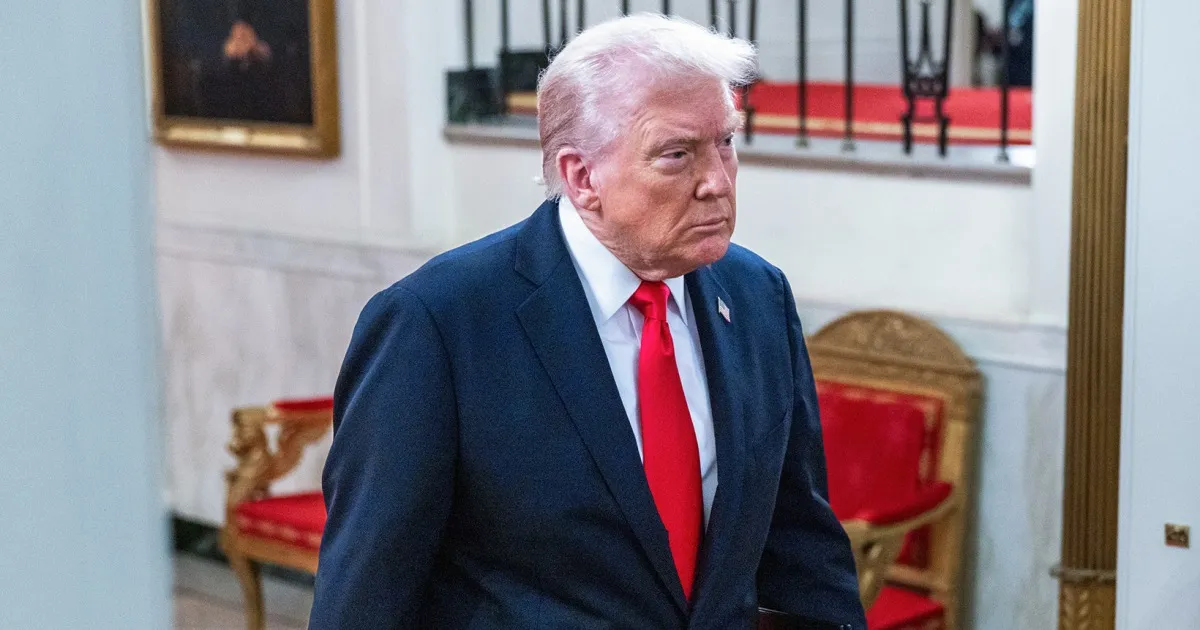
KUALA LUMPUR, Malaysia — President Donald Trump is set to embark on his first visit to Southeast Asia since returning to office, commencing on Sunday. This significant three-nation tour will take him through Malaysia, Japan, and South Korea, ultimately culminating in a crucial meeting with Chinese President Xi Jinping. As tensions continue to rise between the world's two largest economies, this trip is expected to focus heavily on trade negotiations and regional stability.
Victor Cha, a prominent analyst at the Center for Strategic and International Studies, notes that Trump's visit carries two primary messages: “Trump the peacemaker” and “Trump the moneymaker.” Cha anticipates that while a substantial trade deal may not emerge from the discussions, there will be efforts to de-escalate existing tensions. During his flight aboard Air Force One, Trump indicated that he would support U.S. farmers financially if no agreement is reached with China, highlighting the ongoing trade disputes.
In Kuala Lumpur, Trump is scheduled to engage with Malaysian Prime Minister Anwar Ibrahim and participate in a working dinner with leaders from the Association of Southeast Asian Nations (ASEAN). This year's summit theme, set by Malaysia as the ASEAN chair, is “inclusivity and sustainability.” Additionally, Trump is expected to take part in a signing ceremony for a peace agreement between Cambodia and Thailand, which he claims to have played a role in resolving.
Following his engagements in Malaysia, Trump will visit Japan for the fourth time, where he will meet with the new Prime Minister Sanae Takaichi and have an audience with Emperor Naruhito. Takaichi, a conservative figure and protege of the late Shinzo Abe, has committed to raising Japan's defense spending to 2% of GDP by March, a move likely to resonate positively with Trump, who has consistently urged allies to increase their defense budgets. The discussions may also revisit the U.S.-Japan trade deal announced in July, further solidifying economic ties.
In South Korea, Trump will address business leaders at the Asia-Pacific Economic Cooperation (APEC) summit, hold a bilateral meeting with the South Korean president, and attend a leaders' dinner. Trade remains the focal point of discussions at all stops, with ongoing negotiations surrounding agreements with South Korea, Japan, China, and Malaysia. Notably, U.S. and Chinese delegations will convene in Malaysia over the weekend, prior to Trump's arrival.
Central to Trump's Southeast Asia trip is the expected meeting with Xi in South Korea on Thursday, although confirmation from Beijing is still pending. As trade tensions escalate, U.S. officials are reportedly working to address issues such as the potential implementation of new tariffs on Chinese goods and China's handling of fentanyl precursor chemicals. Trump has emphasized the importance of discussing Taiwan during his talks with Xi, reinforcing the significance of this diplomatic engagement.
Despite speculation, the White House has downplayed the likelihood of a meeting between Trump and North Korean leader Kim Jong Un. Trump expressed his desire for a dialogue but noted uncertainty regarding its occurrence during this trip. As North Korea continues to assert itself as a nuclear power, Trump's comments suggest an openness to future negotiations, albeit under challenging circumstances.
As Trump embarks on this pivotal trip to Southeast Asia, regional leaders are keen to engage, hoping to secure favorable trade agreements and strengthen alliances. While the complexities of U.S.-China relations and North Korea's ambitions loom large, Trump's diplomatic efforts aim to navigate these challenges in pursuit of peace and economic cooperation.